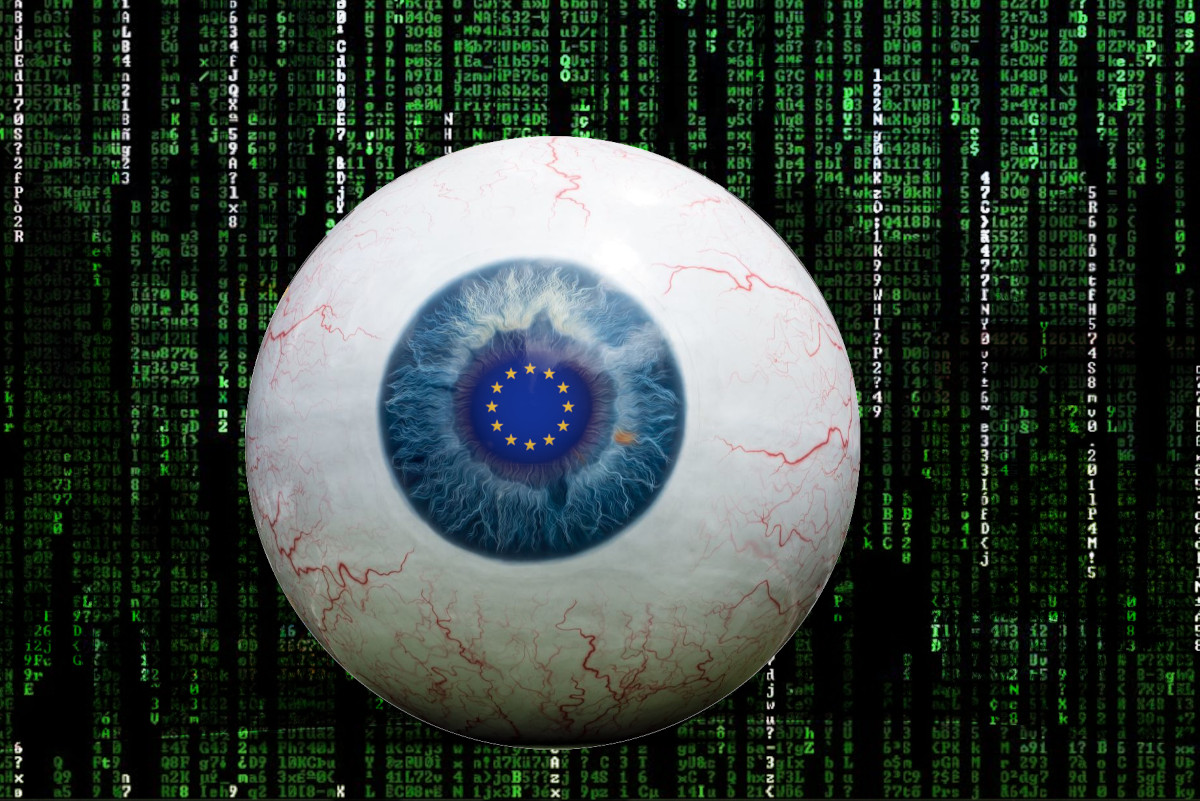
Moscow Subway in 1980 (via) shadowdragonhitman.tumblr.com/post/654094378… atomic-chronoscaph.tumblr.com/post/654094033…
Moscow Subway in 1980 (via) shadowdragonhitman.tumblr.com/post/654094378… atomic-chronoscaph.tumblr.com/post/654094033…
Moscow Subway in 1980 (via) shadowdragonhitman.tumblr.com/post/654094378… atomic-chronoscaph.tumblr.com/post/654094033…
Moscow Subway in 1980 (via) shadowdragonhitman.tumblr.com/post/654094378… atomic-chronoscaph.tumblr.com/post/654094033…
Moscow Subway in 1980 (via) shadowdragonhitman.tumblr.com/post/654094378… atomic-chronoscaph.tumblr.com/post/654094033…
Moscow Subway in 1980 (via) shadowdragonhitman.tumblr.com/post/654094378… atomic-chronoscaph.tumblr.com/post/654094033…
• • •
Missing some Tweet in this thread? You can try to
force a refresh








